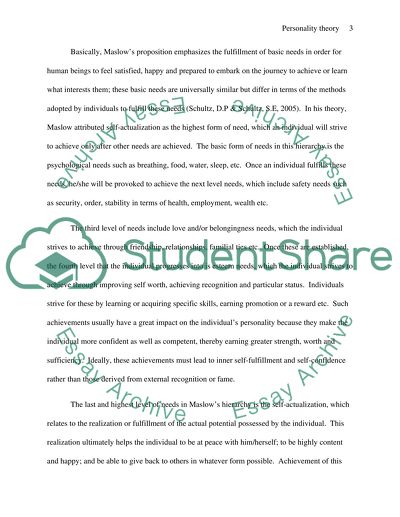Cite this document
(“Personality Theory Essay Example | Topics and Well Written Essays - 1250 words”, n.d.)
Retrieved from https://studentshare.org/psychology/1452372-personality-theory
Retrieved from https://studentshare.org/psychology/1452372-personality-theory
(Personality Theory Essay Example | Topics and Well Written Essays - 1250 Words)
https://studentshare.org/psychology/1452372-personality-theory.
https://studentshare.org/psychology/1452372-personality-theory.
“Personality Theory Essay Example | Topics and Well Written Essays - 1250 Words”, n.d. https://studentshare.org/psychology/1452372-personality-theory.


